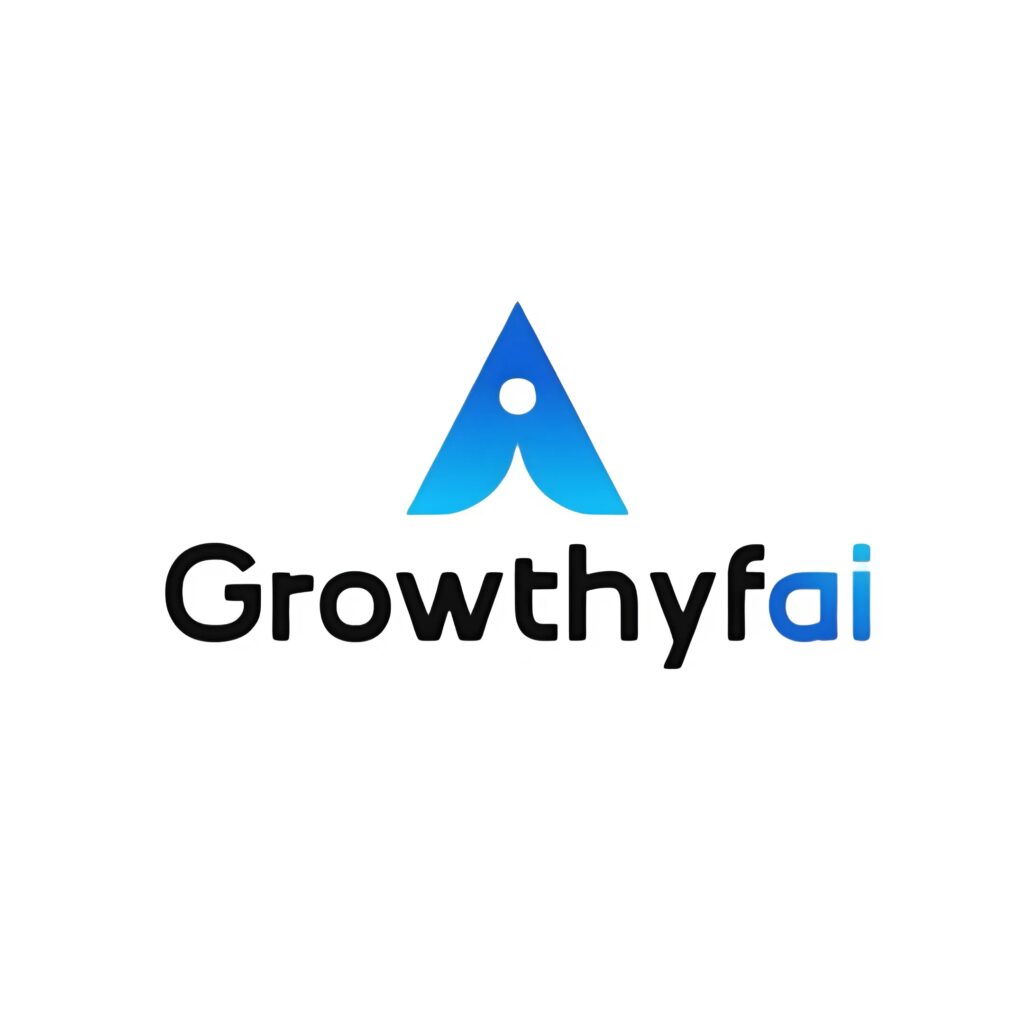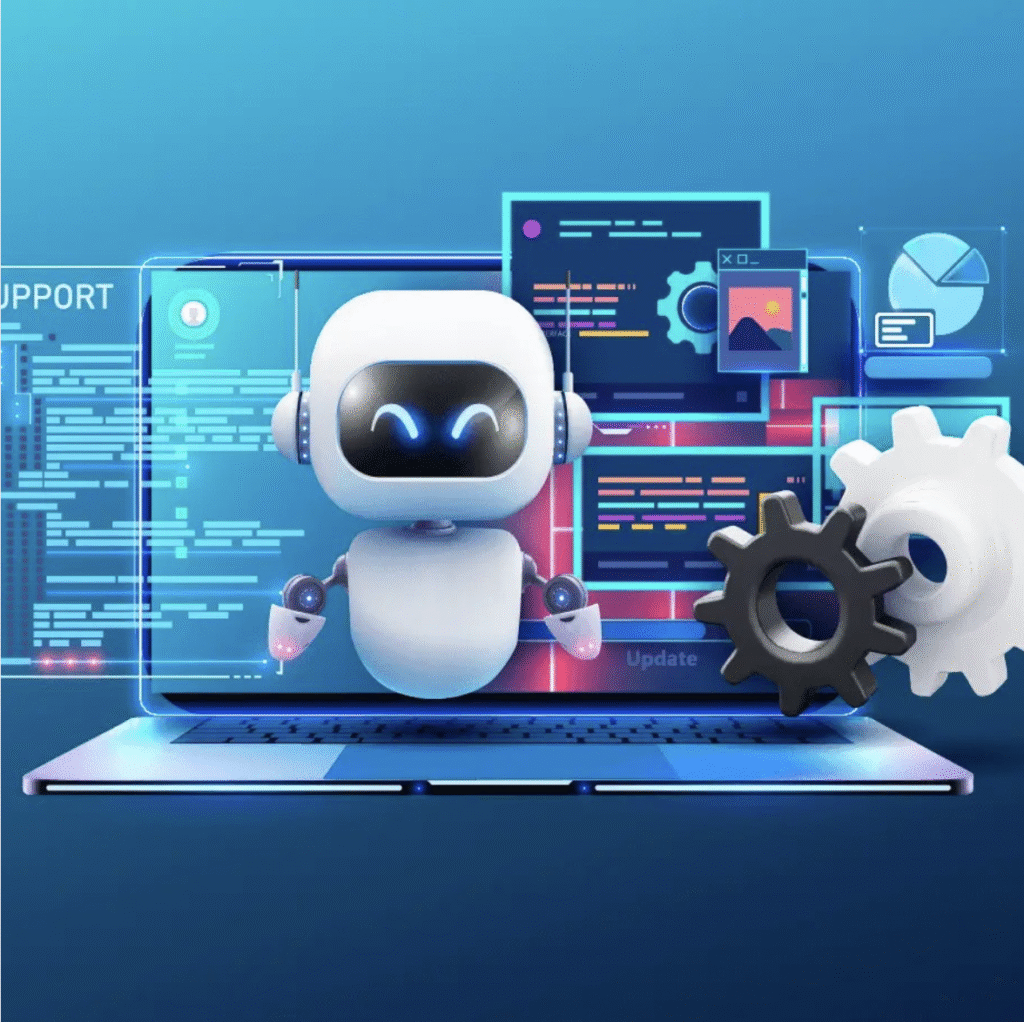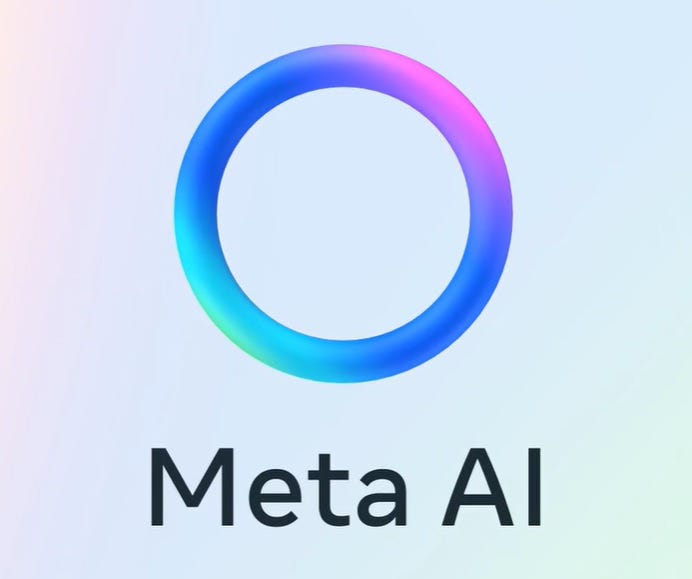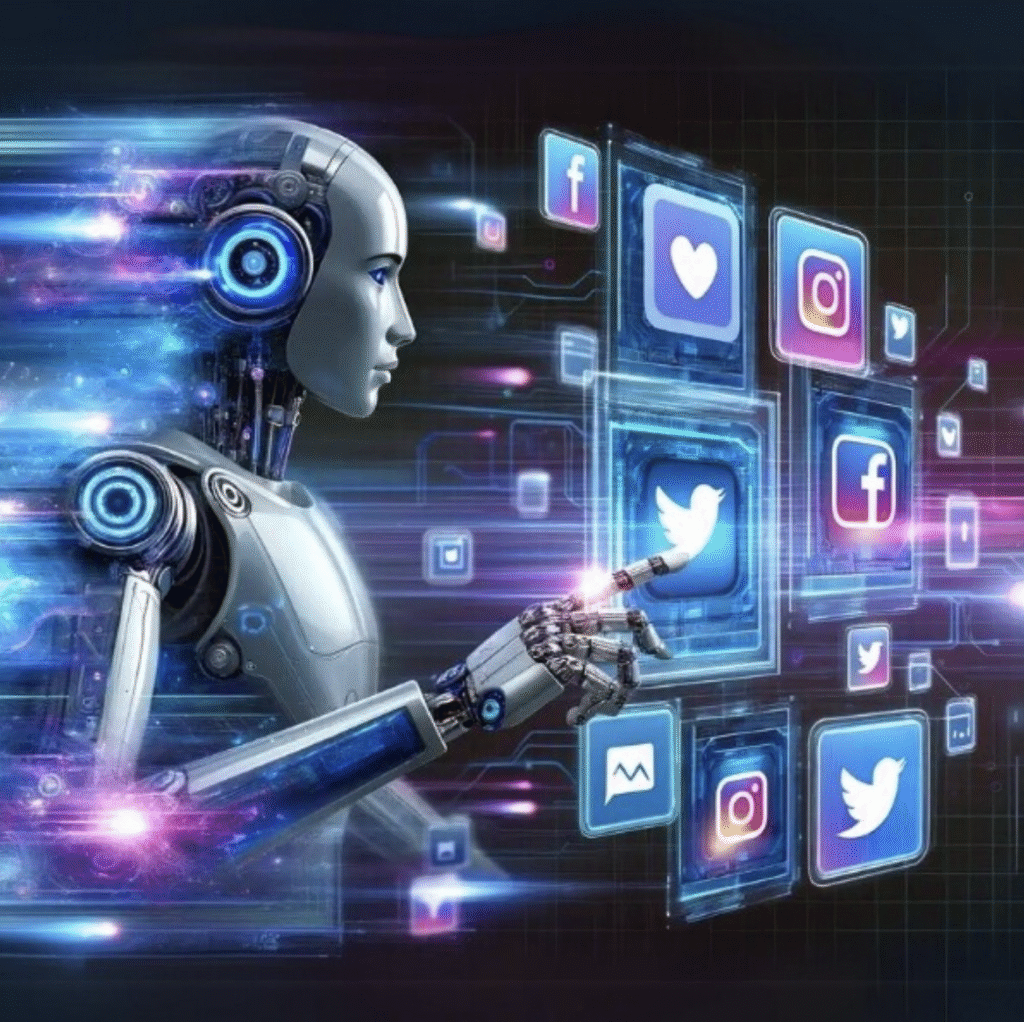The Rise of Agentic AI: How autonomous agents are reshaping the future of work
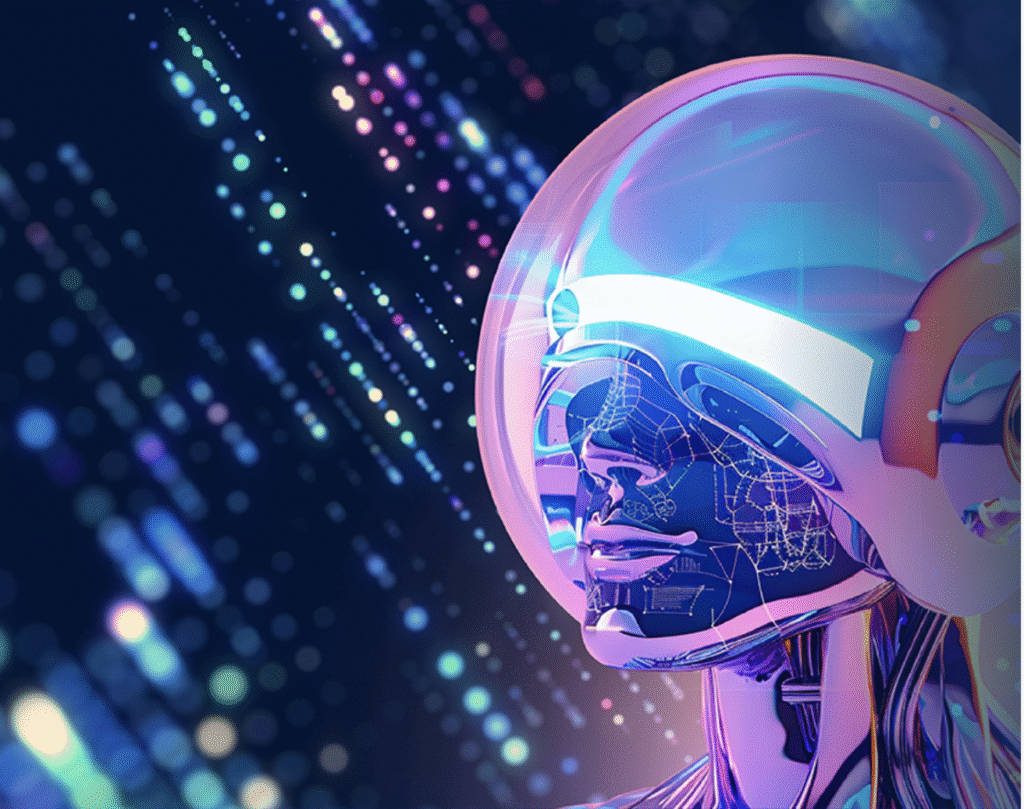
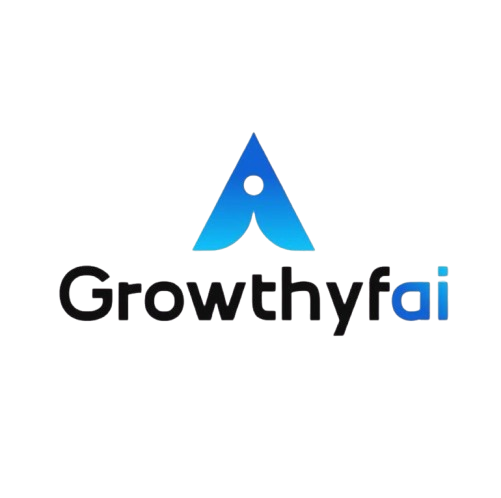
🧠 The Rise of Agentic AI: How Autonomous Agents Are Reshaping the Future of Work
🌐 Introduction
Artificial Intelligence is evolving from a reactive tool to an autonomous workforce. With the rise of Agentic AI — systems capable of setting goals, planning actions, and executing tasks independently — the line between automation and digital autonomy is blurring. These new-age agents are reshaping industries, redefining productivity, and challenging our traditional notions of work.
But what exactly is Agentic AI, and why is everyone in tech talking about it?
🤖 What is Agentic AI?
Agentic AI refers to artificial intelligence systems that behave as independent agents. These agents are not limited to responding to prompts or following pre-coded instructions — they can:
- Set goals
- Make decisions
- Take initiative
- Learn from outcomes
- Interact with other agents or APIs
- Iterate without continuous human input
Tools like AutoGPT, OpenAI’s function-calling agents, LangChain, and MetaGPT have demonstrated these capabilities, enabling developers to deploy AIs that can research topics, write code, fill out forms, send emails, and even orchestrate entire workflows.
🧩 How Agentic AI Works
At its core, an Agentic AI stack includes:
- Memory – So the agent can recall past steps and results.
- Planning modules – That allow it to decompose tasks into sub-tasks.
- Tool use – Ability to call APIs, browse the web, or write files.
- Autonomy loop – A feedback loop that allows the agent to decide its next steps based on progress.
Example:
Imagine telling an AI, “Create a website for a coffee brand.”
An agentic AI might:
- Research top coffee brand websites
- Write copy and generate images
- Code the site using HTML/CSS/JS
- Deploy it to a hosting service
All without further human input.
🛠️ Real-World Applications
1. Software Engineering
AI agents like Devin by Cognition AI are being built to write, test, and debug software in full dev environments — like having an AI junior developer.
2. Customer Support
AI agents can now handle customer emails, escalate cases, retrieve past data, and respond across platforms with empathy.
3. Research & Analysis
Give an agent a broad research goal, and it will browse the web, compile sources, summarize findings, and present insights.
4. Operations & Automation
Automated workflows (e.g., onboarding a new employee or processing invoices) are being handed off to AI agents in startups and enterprise settings alike.
🚧 Challenges and Ethical Concerns
As powerful as Agentic AI is, it’s not without limitations:
- Unpredictable behavior – Agents can loop endlessly or pursue goals improperly.
- Hallucinations – AI can still generate false or misleading info.
- Security risks – Agents accessing tools or external systems pose risks if not sandboxed.
- Accountability – Who’s responsible when an AI agent makes a mistake?
To address these, developers are building “guardrails”, sandboxed environments, and reward-based learning systems to keep agent behavior on track.
🔮 The Future: Will AI Replace Knowledge Work?
While some fear mass job displacement, the more likely outcome is a hybrid workforce where AI agents handle repetitive, procedural, or cross-platform work, while humans focus on strategy, creativity, and empathy.
Instead of replacing jobs, Agentic AI may redefine roles — turning marketers into orchestrators of AI campaigns, developers into AI supervisors, and researchers into insight curators.
📝 Final Thoughts
Agentic AI is no longer a sci-fi concept — it’s here, growing, and evolving fast. As with any powerful technology, the key lies in how we choose to use it.
Whether you’re a founder, freelancer, or Fortune 500 executive, now is the time to understand, experiment with, and responsibly adopt agentic tools. The future of work won’t wait — it’s being built one agent at a time.
Want to learn how to build your own AI agent or integrate them into your workflow? Stay tuned for our next post!

